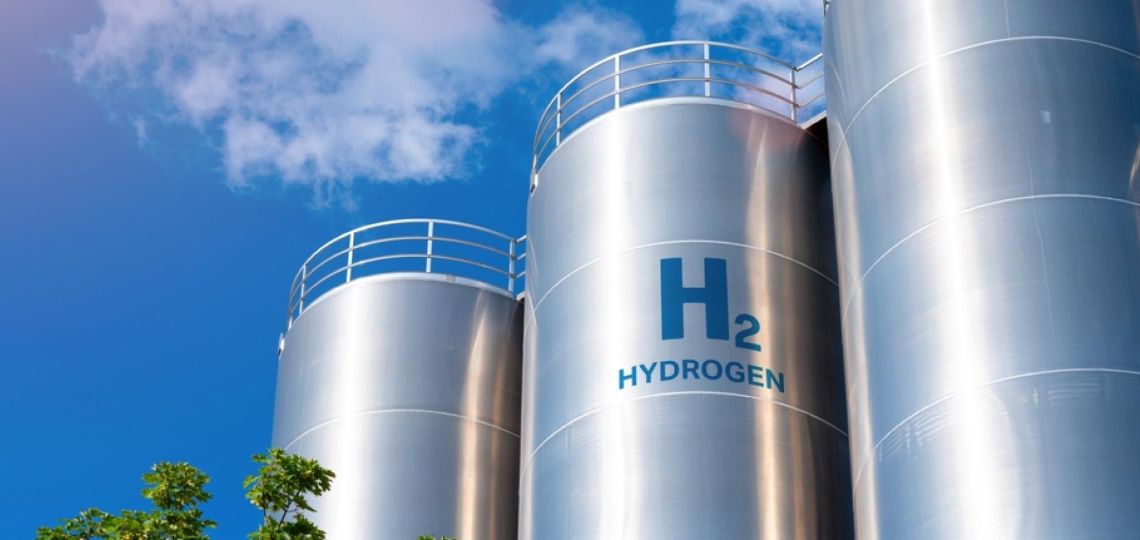Breaking Boundaries: World's Largest Ammonia Cracking System in South Korea
Key Ideas
- Record-breaking performance achieved in Ulsan with the Rigel™ reactor, producing 290 kilograms of hydrogen per day at 81% energy efficiency and 11 kWh consumption per kilogram.
- Localized and scalable production model aims to optimize costs, reduce expenses related to hydrogen import and transport, and enhance attractiveness for Asian industries.
- Improved energy efficiency and simplified logistics can lower operational costs, mitigate supply chain risks, drive the development of industrial applications, and boost South Korea's export capacity as a hydrogen hub.
- Future plans include developing more efficient reactors to target 8 kWh energy consumption per kilogram of hydrogen, alongside building a small-scale commercial plant for industrial-level production testing.
Lotte Chemical and Syzygy Plasmonics have achieved a groundbreaking milestone in hydrogen technology by successfully testing the world's largest all-electric ammonia cracking system in Ulsan, South Korea. The Rigel™ reactor demonstrated remarkable performance, producing 290 kilograms of hydrogen per day with an energy efficiency rate of 81% and a consumption of 11 kWh per kilogram. This achievement not only showcases technical prowess but also has significant economic implications. By utilizing a localized and scalable production model, the partners aim to optimize costs associated with hydrogen import and transportation, potentially revolutionizing Asian markets heavily reliant on imported energy resources. The enhanced energy efficiency and simplified logistics could lead to reduced operational costs, lower supply chain risks, and foster the development of new industrial applications, bolstering South Korea's position as a regional hydrogen hub. The success of this project could also influence strategic decisions beyond South Korea, with markets like Japan and Eastern Europe showing interest in reliable and competitive hydrogen solutions. The data obtained from the trials will guide Syzygy in developing more efficient reactors, targeting an energy consumption of 8 kWh per kilogram in future versions of the system. Lotte Chemical plans to move towards commercial deployment by constructing a small-scale plant to test industrial-level production capabilities. The collaboration between Lotte and Syzygy is closely monitored by Asian financial entities and governments, highlighting the potential to reshape hydrogen supply chains in the region and beyond.
Topics
Projects
Technology
Energy Efficiency
Industrial Applications
Cost Optimization
Commercial Deployment
Regional Impact
Export Capacity
Latest News
